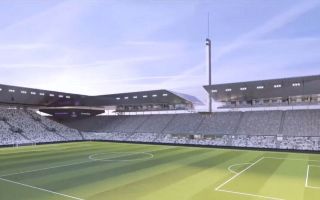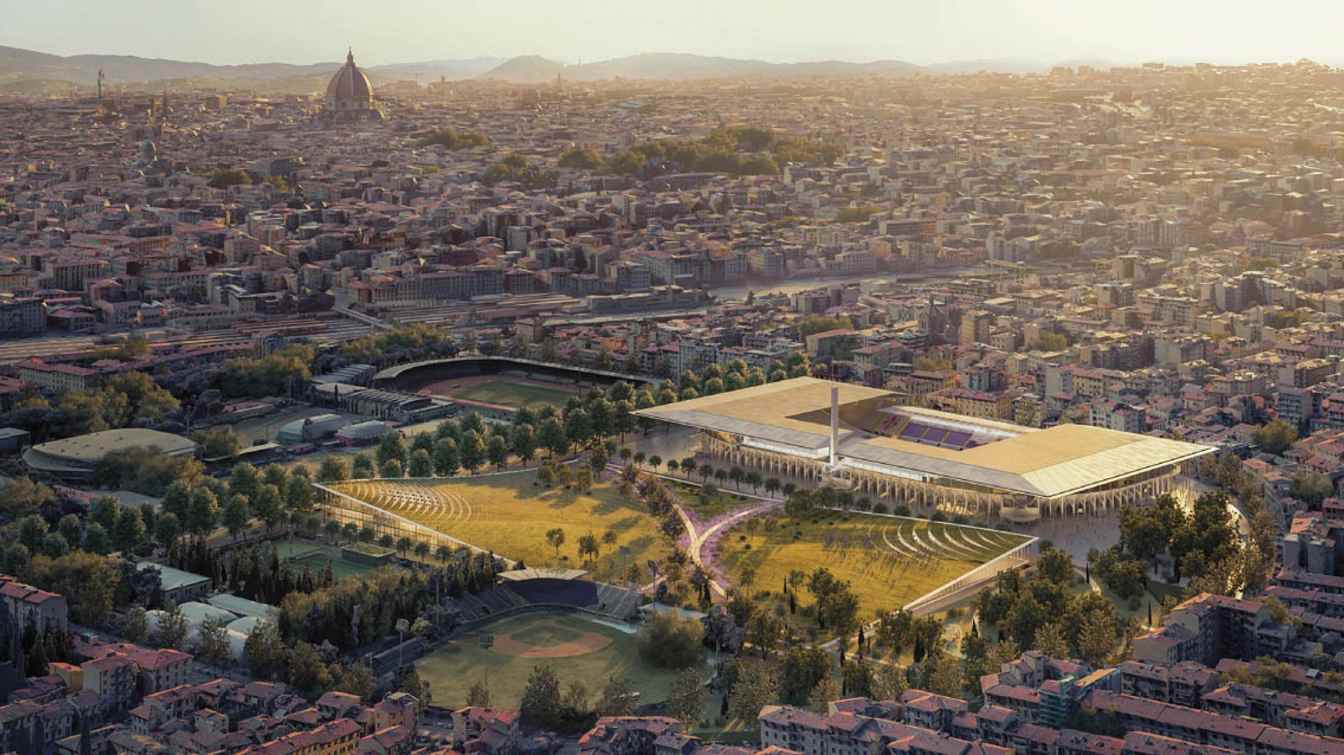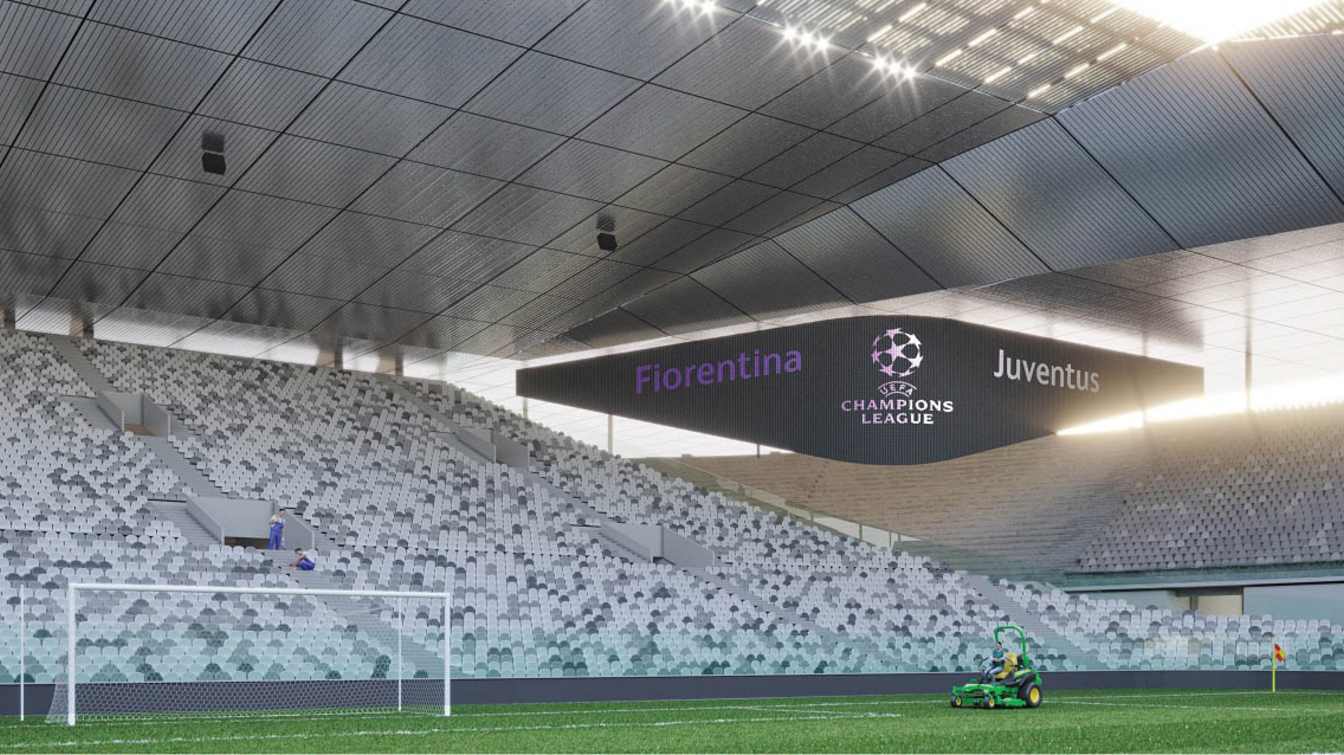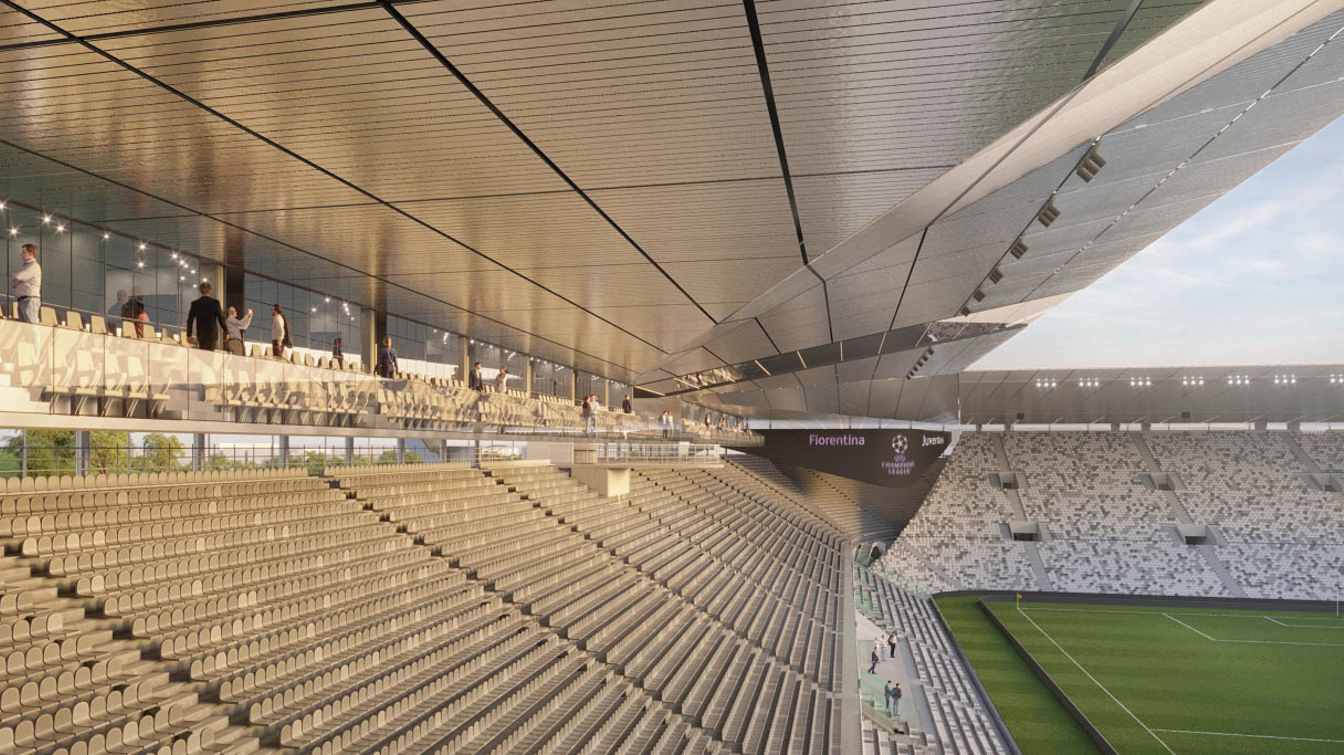Italy: Fiorentina stadium upgrade faces uncertainty. Euro 2032 in danger
source: StadiumDB.com; author: Paulina Skóra
 Awaiting a decisive meeting with UEFA, scheduled for 20 November in Nyon, Florence finds itself in an uneasy silence broken only by anxious anticipation. The future of the Artemio Franchi Stadium within the Euro 2032 framework depends entirely on the verdict of the European federation.
Awaiting a decisive meeting with UEFA, scheduled for 20 November in Nyon, Florence finds itself in an uneasy silence broken only by anxious anticipation. The future of the Artemio Franchi Stadium within the Euro 2032 framework depends entirely on the verdict of the European federation.
Advertisement
Millions still missing
If the venue is ultimately included among the five Italian stadiums selected to host the tournament, the financial gap hindering the renovation could be resolved — or at least significantly reduced. In that scenario, the financial burden, currently resting almost entirely on the city and, in part — according to the expectations of the local government — on the club, would be shared with national funds. But if things do not go Florence’s way and government support proves insufficient, Palazzo Vecchio would find itself in a highly precarious position. Tens of millions of euros, which would need to be secured immediately, could paralyse city investments for years.
Even today, the project’s finances remain far from stable. The city is still working on reallocating €55 million returned by the government after the withdrawal of PNRR funds — and that sum represents only a fraction of the total cost. At least another €50–60 million is still missing to cover installations, equipment, and finishing works. In this context, reaching a swift agreement with Fiorentina on shared implementation and management of the modernised stadium could prove essential for the city.
Will Fiorentina withdraw from the renovation project?
Despite growing pressure from the club, mayor Sara Funaro refuses to comment on public statements made by Fiorentina’s CEO Alessandro Ferrari. In an interview with La Repubblica, he once again made the club’s position clear: an agreement must be reached by the end of December, otherwise Fiorentina will withdraw entirely from the Franchi renovation project. This ultimatum was not unexpected, as Palazzo Vecchio had already indicated in prior discussions that the matter should be settled before the end of the year. The problem is that Fiorentina has yet to present clear financial or technical expectations, define the duration of a potential concession, or declare how much it is willing to invest. Meanwhile, applying a project finance model requires time and full transparency from both sides.
The prospect of excluding the club entirely would be damaging for both Fiorentina and the city. Without the club’s participation, implementing the second phase of the renovation — including installations, equipment, and interior adaptations — would be nearly impossible for the municipality. For Fiorentina, meanwhile, it would mean being forced to use a stadium whose functionality it would have no real influence over. As some observers noted, it would be like living in a house where only the landlord chooses the furnishings.
Endless delays and financial losses
The conflict between club and city is further inflamed by growing fan frustration and the team’s poor sporting results. Stadio Franchi — dug up for months and disfigured by concrete blocks and heaps of rubble — has become a symbol of stagnation. Curva Fiesole, the heart of the club’s most passionate support, remains under construction and is closed; the most loyal supporters have been moved to Curva Ferrovia. The club has long demanded clear commitments from the city, and on Thursday, mayor Funaro will travel to Switzerland to meet Aleksander Čeferin and present the stadium’s candidacy for Euro 2032.
The spark that intensified Ferrari’s tone was the announcement, on 22 October, that the completion of works in the Curva Fiesole area would be delayed from August 2026 to the early months of 2027. Fiorentina reacted immediately, threatening to break off negotiations unless given a precise timeline. According to Ferrari, the club’s losses linked to reduced stadium access reach €9 million per year, though the team’s financial reports paint a more nuanced picture. The 2024–2025 reports show a decline of just under €3 million in ticket revenue, caused not only by limited stadium capacity but also by early exits from domestic and European cups. Stadium operating costs also fell, and reduced rent somewhat cushioned the impact.
As usual, the truth lies somewhere in the middle. The club undoubtedly incurs real financial and logistical losses, but some of its claims appear exaggerated. More worrying are the increasing doubts expressed by Fiorentina owner Rocco Commisso, who is becoming more vocal about his concerns. The club fears a six-month exile outside Florence, lacks guarantees about new commercial areas, and faces uncertainties regarding the construction of dressing rooms under the main stand.
A risky plan
At the centre of the dispute is the precise work schedule expected by both the club and UEFA. It will determine the renegotiation of the stadium lease, logistical planning for the 2028–2029 season, and whether Fiorentina decides to join the project as a co-investor. Commisso is reportedly prepared to invest €50–60 million, but in return he expects genuine influence over the design and future revenue.
If, however, Fiorentina does not commit to co-financing before the end of December, the city has a fallback plan — though a risky one. It assumes that Franchi will be selected as a Euro 2032 venue, unlocking €25 million in ministerial funds as well as a municipal loan and potential support from the Tuscany region. The issue is that these funds are not non-refundable, and the entire financial structure remains fragile and dependent on a schedule that still lacks unanimous approval. This instability is precisely what may worry UEFA, making Thursday’s mission by Funaro and ARUP representatives absolutely crucial for the future of the Franchi.
Advertisement
 StadiumDB
StadiumDB

